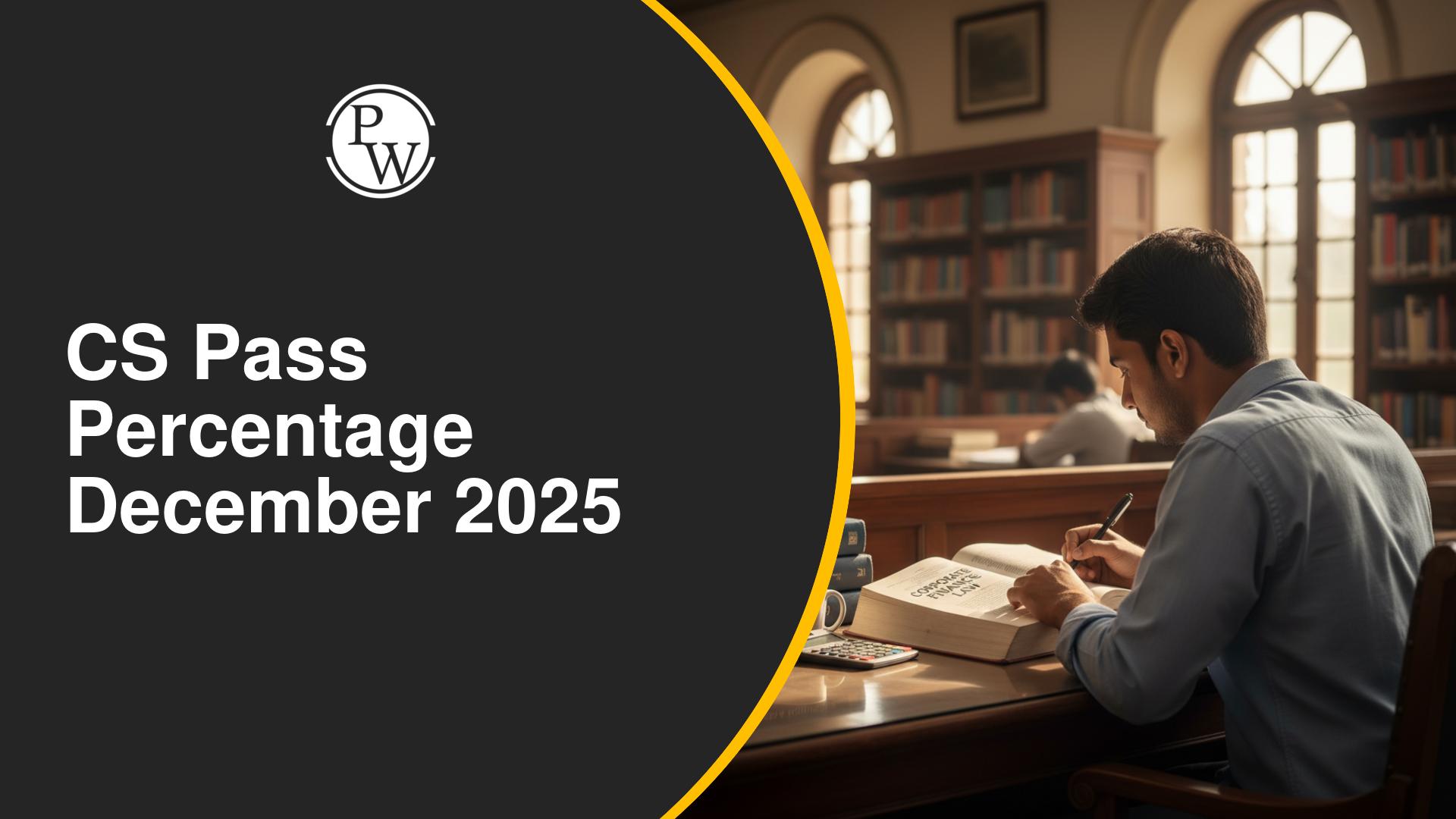
Insider trading happens when someone within a company trades its stocks or securities using important, non-public information about the company. An insider is simply a person who's part of the company they're trading stocks of. They might have private knowledge about the company's affairs, or they might not.
What Is Insider Trading?
Insider trading is a concept that revolves around buying or selling stocks or securities based on confidential, non-public information about a company. Whether such trading is considered legal or unlawful depends on various factors, including when the trade is executed and the specific laws governing it in the country where the trader operates. Read more to learn about insider trading in the Indian market and its historical context in the country for the CS exam .SEBI Insider Trading Regulations
SEBI defines insider trading as when certain groups or individuals trade stocks based on privileged information. These groups include:- Immediate relatives of insiders.
- Companies associated with the firm or its holding firm.
- High-ranking executives of holding firms.
- Officials of clearing houses or stock exchanges.
- Board members or trustees of asset management or mutual fund companies.
- Board members or chairmen of public financial organizations.
History of Insider Trading in India
Despite SEBI's numerous regulations on insider trading, there have been very few convictions. SEBI looked into 70 suspected insider trading cases but only completed 19 investigations. Between FY15 and FY19, they took on over 140 cases. Here are some recent examples:- General Insurance Company: SEBI notified GIC about potential insider trading in October 2019. GIC settled by paying a penalty of about Rs. 1.23 Crore in December.
- Infosys: The IT company was found violating SEBI rules when it didn't disclose an insider's allegation of illegal trading. Infosys' lead director settled by paying a Rs. 3 Lakh fine.
- Rakesh Jhunjhunwala: SEBI called the billionaire investor for alleged insider trading at Aptech Limited, investigating the period between February and September 2016.
- Balram Garg: SEBI sent a notice to PC Jeweller MD for alleged insider trading in December 2019, ordering the impounding of around Rs. 8 Crore earned from suspected illegal trading.
- Reliance Industries: RIL was penalized by SEBI for trying to profit by bypassing trading limits, resulting in a one-year ban from derivatives trading and a fine.
SEBI Regulations Against Insider Trading
Section 11(2) E of the Companies Act, 1956, aims to prevent insider trading for several key reasons:- To ensure fairness by giving everyone in the market equal opportunities.
- To promote transparency in transactions.
- To maintain a level playing field by preventing information imbalances.
- Plans for dividend payouts
- Regular financial reports
- Buying back or issuing securities
- Significant changes in company policies or operations
- Potential takeovers or mergers.
Also Read: Role of Company Secretary in Board Meetings
When is Insider Trading Legal?
Insider trading can be legal in certain situations. It happens often because many employees of publicly traded companies also own company stocks. For instance, let's say there's an insider planning to sell company stocks after retiring to make some profit. But later on, they come across non-public information. Now, if they hadn't decided to sell their stocks based on this new info, they're not breaking its laws.PIT Regulation, 1992
Under the original law, businesses had to set up measures to stop sensitive info from getting out. But in a 2019 change, public companies must now have a strategy to handle security breaches and leaks. With tough rules on insider trading, and risking fines or jail time, investors must be aware of these regulations to avoid illegal actions. Take your career to new heights with our PW Company Secretary Courses . Enroll now to gain expertise and excel in the field of corporate governance and compliance.| Also Check: | |
| Corporate Ethics and Integrity | Risk Management and Mitigation Strategies |
| Corporate Social Responsibility (CSR) Compliance | Legal Compliance Management Service |
Insider Trading Regulations and Compliance FAQs
What is insider trading?
Insider trading involves buying or selling stocks based on non-public information about a company. It can be legal or illegal depending on various factors.
What are SEBI's regulations on insider trading?
SEBI prohibits trading based on privileged information and mandates disclosure of Unpublished Price Sensitive Information (UPSI) unless legally required.
Why are there few convictions despite SEBI's efforts?
Despite SEBI's regulations, there have been few convictions due to challenges in gathering evidence and proving insider trading beyond reasonable doubt.
When is insider trading legal?
Insider trading can be legal when traders don't use non-public information to trade, such as when they had already planned a trade before obtaining the information.
What is PIT Regulation, 1992?
PIT Regulation, 1992, requires companies to establish measures to prevent sensitive information leaks. Compliance is essential to avoid fines or legal consequences.
Talk to a counsellorHave doubts? Our support team will be happy to assist you!

Free Learning Resources
PW Books
Notes (Class 10-12)
PW Study Materials
Notes (Class 6-9)
Ncert Solutions
Govt Exams
Class 6th to 12th Online Courses
Govt Job Exams Courses
UPSC Coaching
Defence Exam Coaching
Gate Exam Coaching
Other Exams
Know about Physics Wallah
Physics Wallah is an Indian edtech platform that provides accessible & comprehensive learning experiences to students from Class 6th to postgraduate level. We also provide extensive NCERT solutions, sample paper, NEET, JEE Mains, BITSAT previous year papers & more such resources to students. Physics Wallah also caters to over 3.5 million registered students and over 78 lakh+ Youtube subscribers with 4.8 rating on its app.
We Stand Out because
We provide students with intensive courses with India’s qualified & experienced faculties & mentors. PW strives to make the learning experience comprehensive and accessible for students of all sections of society. We believe in empowering every single student who couldn't dream of a good career in engineering and medical field earlier.
Our Key Focus Areas
Physics Wallah's main focus is to make the learning experience as economical as possible for all students. With our affordable courses like Lakshya, Udaan and Arjuna and many others, we have been able to provide a platform for lakhs of aspirants. From providing Chemistry, Maths, Physics formula to giving e-books of eminent authors like RD Sharma, RS Aggarwal and Lakhmir Singh, PW focuses on every single student's need for preparation.
What Makes Us Different
Physics Wallah strives to develop a comprehensive pedagogical structure for students, where they get a state-of-the-art learning experience with study material and resources. Apart from catering students preparing for JEE Mains and NEET, PW also provides study material for each state board like Uttar Pradesh, Bihar, and others
Copyright © 2026 Physicswallah Limited All rights reserved.









